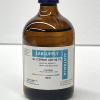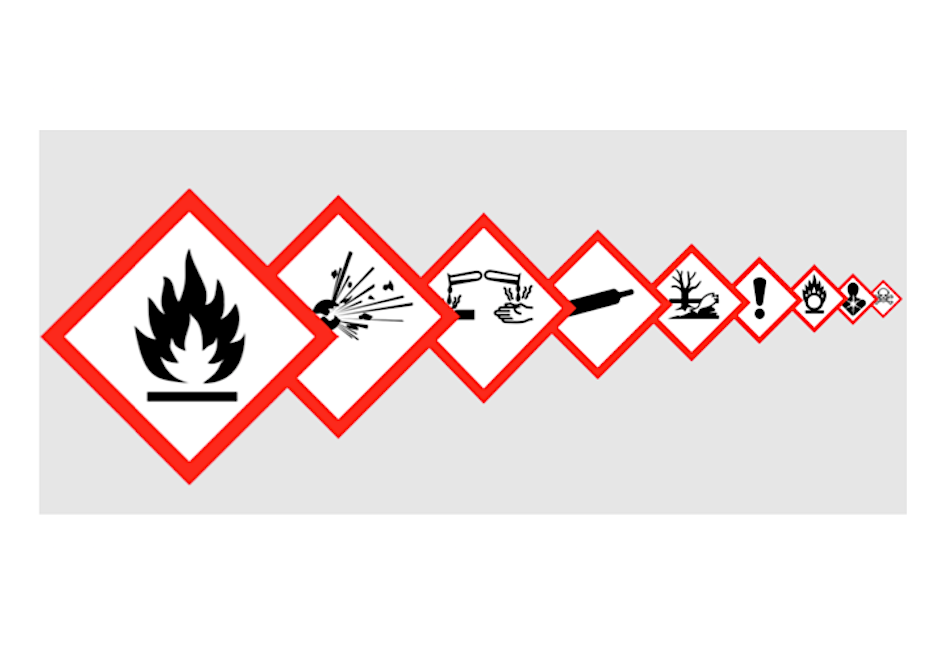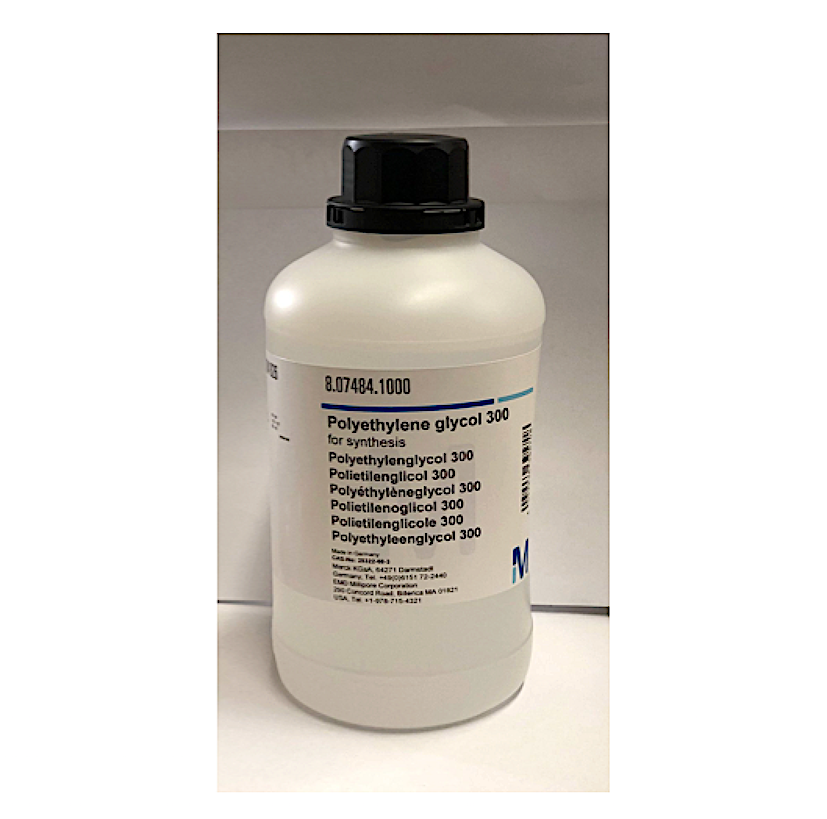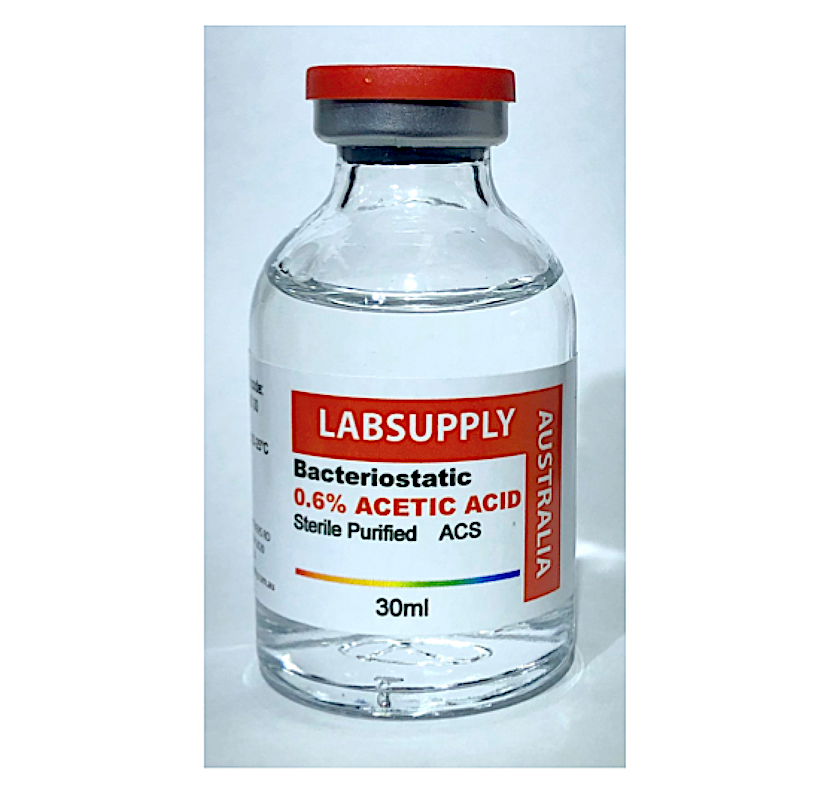MCC (Micro Crystalline Cellulose) Food Grade – USP/NF, BP
Description
Microcrystalline cellulose is a term for refined wood pulp and is used as a texturizer, an anti-caking agent for tablet making, a fat substitute, an emulsifier, an extender, and a bulking agent in food product. The most common form is used in vitamin supplements. It is also used in a plaque assays for counting viruses, as an alternative to carboxymethylcellulose.
White or almost white, practically insoluble in water, diluted acid and most organic solvents, slightly
soluble in diluted NaOH solution.
| Item | Specification |
| Identification A (Zinc Chloride test) | To correspond as USP/NF, JP, Ph. Eur., BP |
| Identification B (degree of polymerisation) | NMT 350 |
| Solubility (coppertetramine solution) | To correspond as Ph. Eur., BP |
| pH | 5.0 – 7.5 |
| Conductivity | NMT 75 µS.cm-1 |
| Water – Soluble Substance | NMT 0.25% |
| Ether – Soluble Substance | NMT 0.05% |
| Loss on drying | NMT 7.0% |
| Heavy Metals | NMT 10 ppm |
| Residue on Ignition/Sulphated Ash | NMT 0.1% |
| Standards | In house Specification |
| Bulk Density | 0.27 to 0.33g/ml |
| Assay (Dried) | 97.0 to 102.0% |
| Sieve Analysis (% Retention)
60 Mesh 200 Mesh |
≤8.0% ≥45.0% |
| Particle Size Distribution
D10 D50 D90 |
≤45µ 70 – 100µ ≥140µ |
| Microbial Limits | |
| Total Viable Aerobic Count | NMT 1000/g |
| Total Yeast & Mould Count | NMT 100/g |
| Staphylococcus aureus | Absent |
| Escherichia coli | Absent |
| Pseudomonas aeruginosa | Absent |
| Salmonella species | Absent |
| Weight | N/A |
|---|---|
| Dimensions | N/A |
| Size | 100g, 250g, 500g, 1kg, 2kg, 5kg, 10kg, 25kg |
Related products
CHEMICALS
$104.00
CHEMICALS
$380.00
$242.00
CHEMICALS
$110.00
CAFFIENE POWDER
$96.80 – $2,550.00
CHEMICALS
$65.70 – $121.00
CHEMICALS
$75.00
BACTERIOSTATIC WATERS
$21.78 – $308.00





